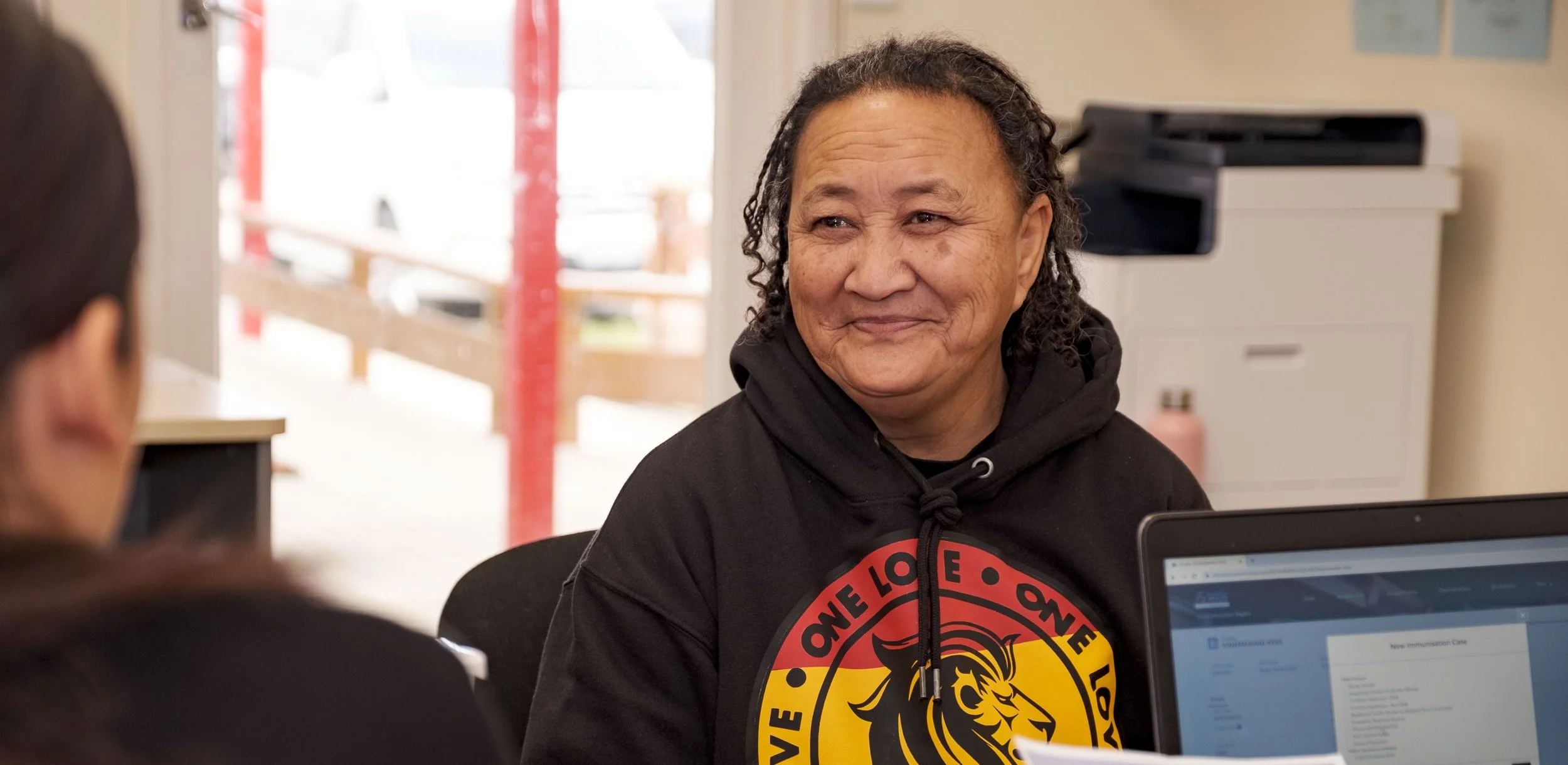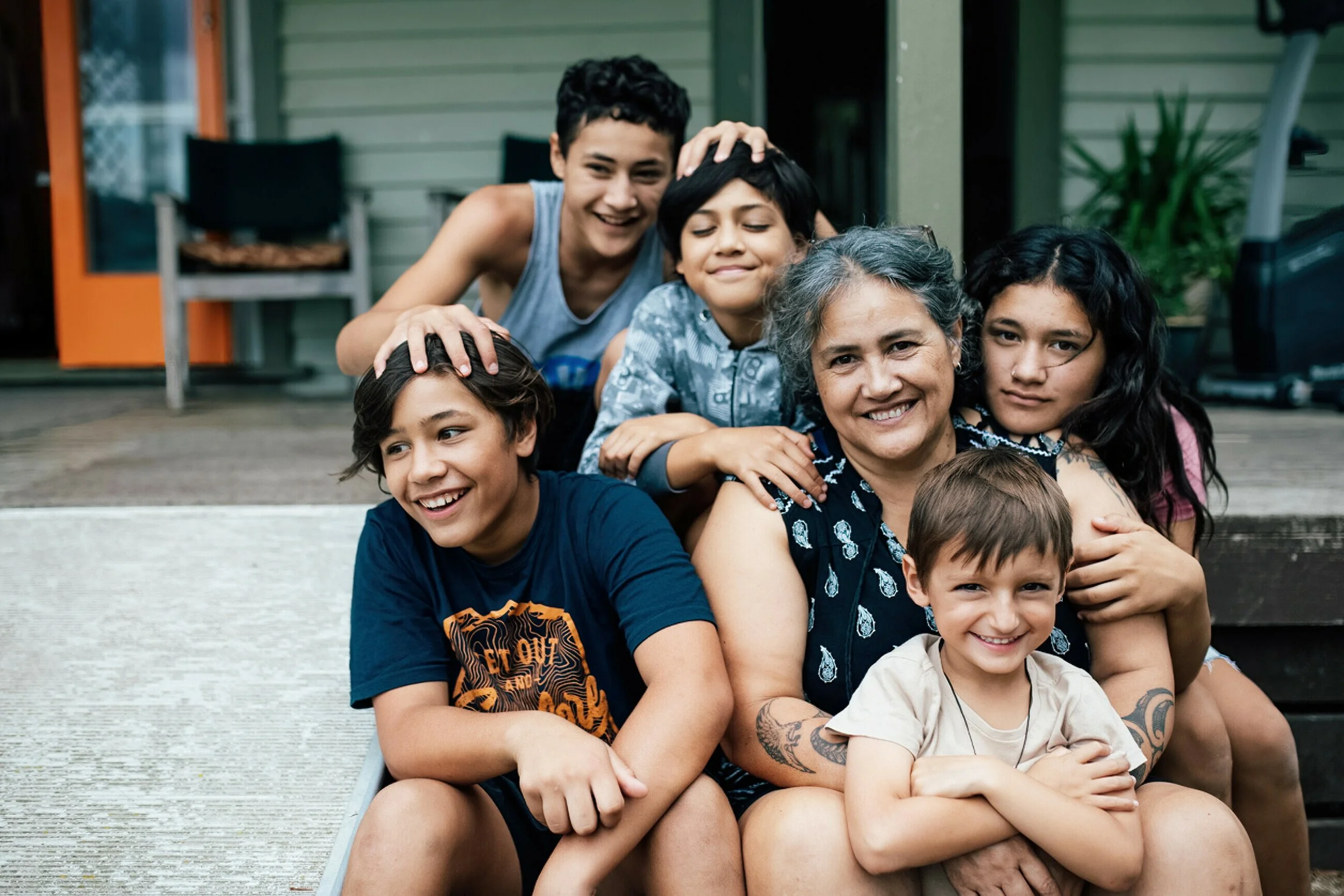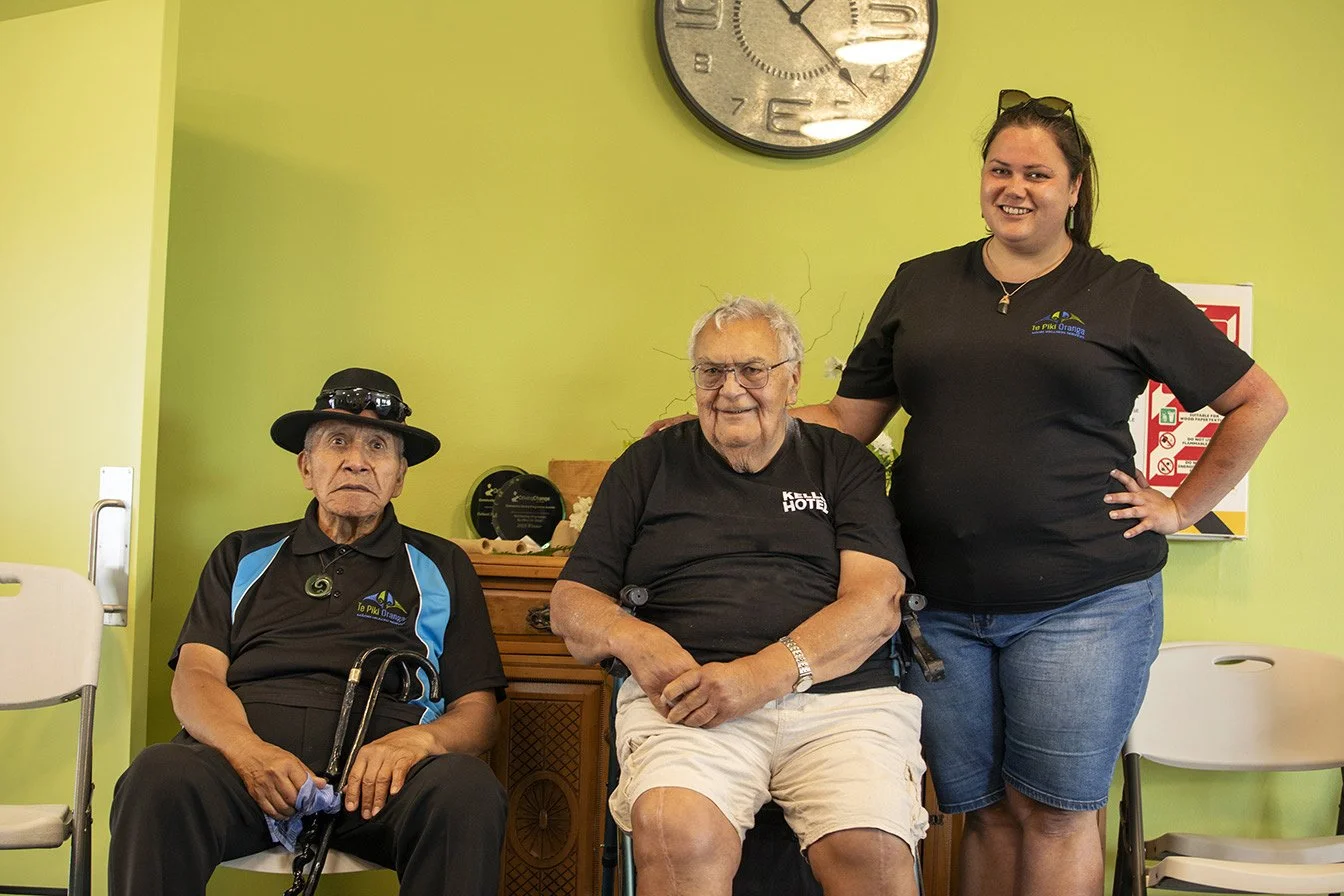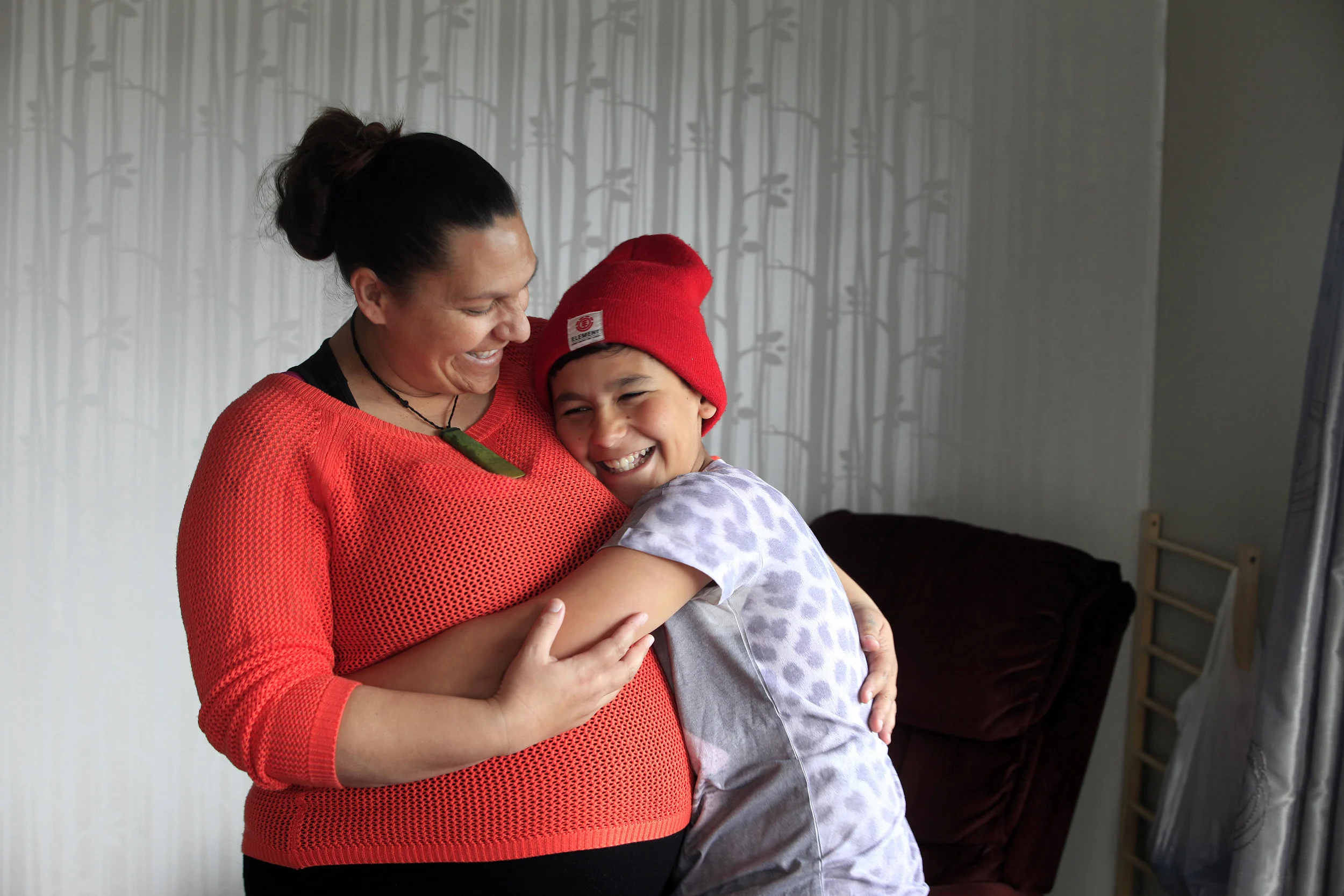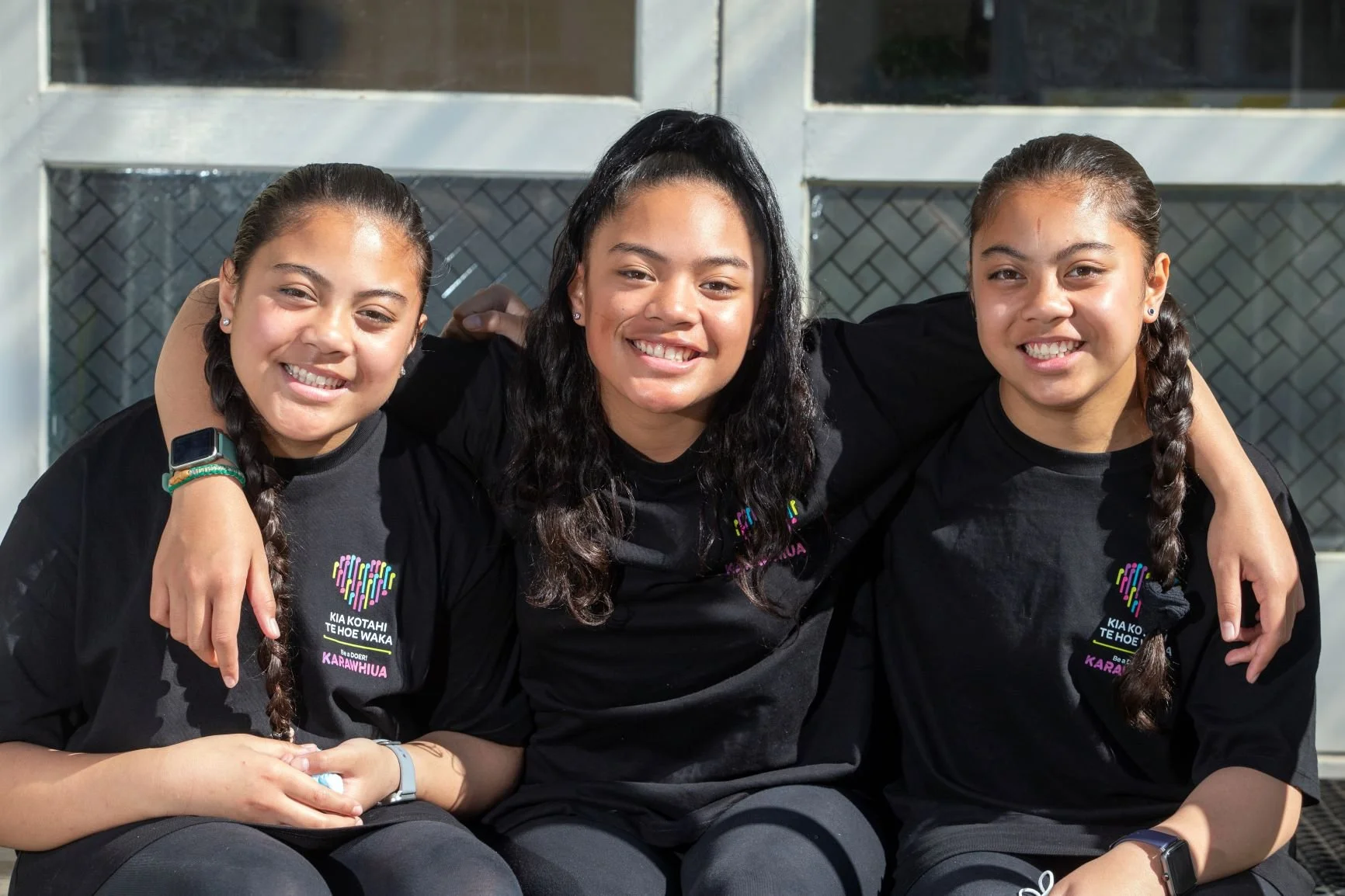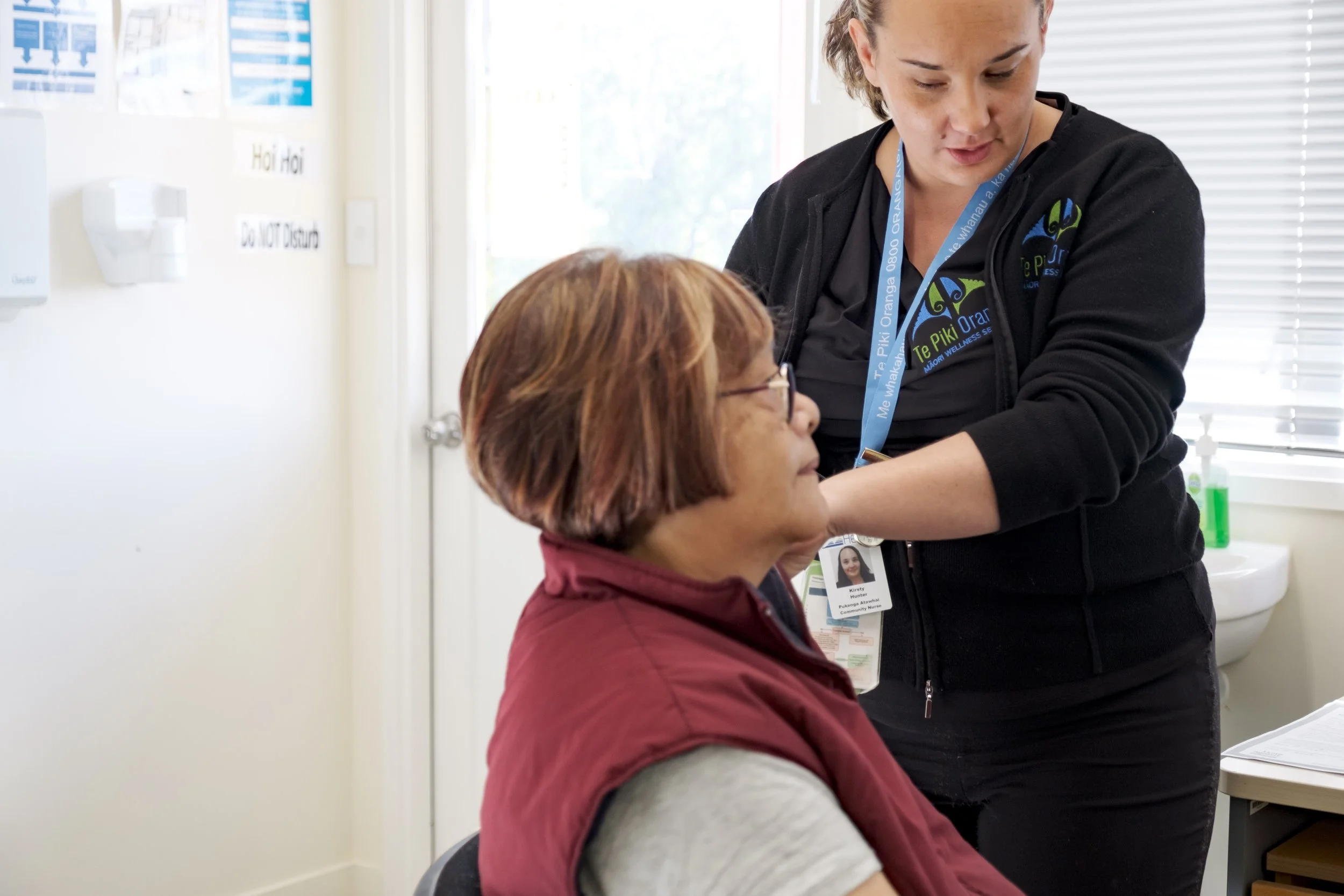Ratonga Āraimate
Immunisation Services
Immunisation (vaccination) is the most effective way to protect yourself and your whānau against diseases that can cause serious, and sometimes fatal, illnesses.
Ratonga whaīnga
About this service
Immunisation (vaccination) is the most effective way to protect yourself and your whānau against diseases that can cause serious illness.
We understand that it is important for you to be able to talk about immunisation. As well as providing many types of free immunisations, our kaimahi (staff) are available to kōrero with you and listen to your pātai (questions).
Find out more about the immunisation services we offer below.

Immunisation Services

How to access
Your GP (doctor), midwife, lead maternity carer or other healthcare profession can refer you to our immunisation services.
You can also enrol yourself, using the contact details on this page.
We also hold occasional ‘pop-up’ community clinics and events where nurses are available to kōrero with you about immunisation and provide immunisation.
Mō ētahi atu āwhina | For more assistance
Phone: 0800 ORANGA (672642)
Email: admin@tpo.org.nz
Use our online enrolment / referral form: www.tpo.org.nz/enrol
Visit: A Te Piki Oranga hauora hub in Whakatū / Nelson, Wairau / Marlborough or Motueka.

